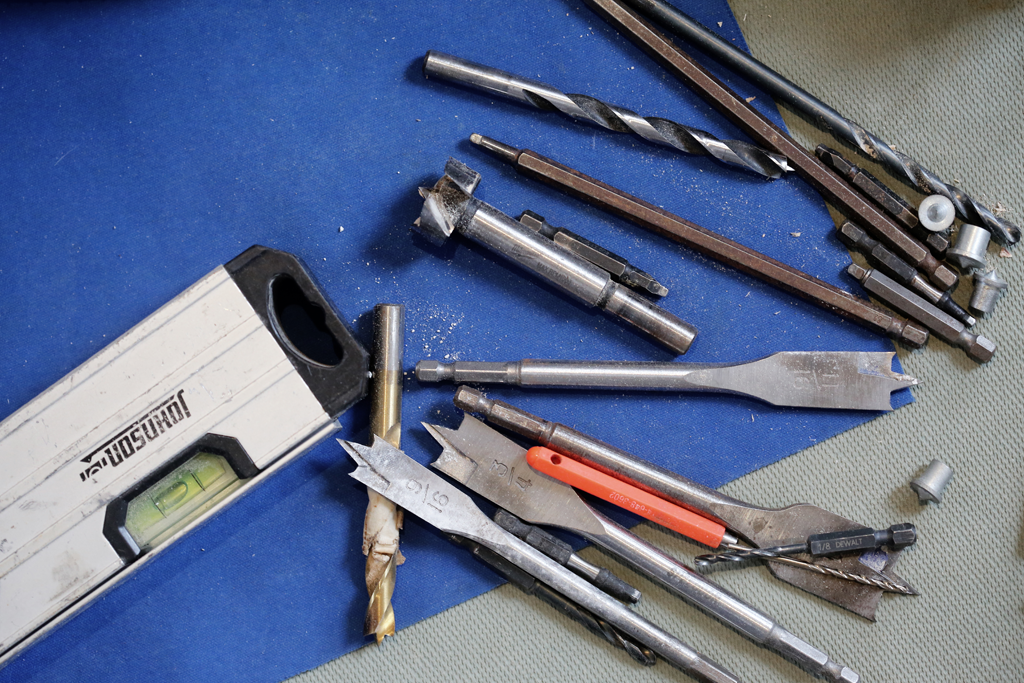
I want to experiment more.
I want to try things, experience how they feel, figure out what works, see what doesn’t.
That’s a basic principle of experimentation: Paying attention to the cues and clues of discovery. Too often we quickly say,Well, that didn’t work, and simply give up.
Be a good scientist
In that sense, we aren’t always good scientists in our lives.
Because a good scientist doesn’t just stop. They try things, recognize when a proposed explanation for how something works is wrong, make adjustments, and test another explanation. And another and another. Until landing on the one that finally does.
Experimenting to test an uncertain belief
Experimenting is all about testing a hypothesis, which is just a fancy way of saying an uncertain belief.
For example, here are a few hypotheses—or uncertain beliefs—my clients are experimenting with:
- If I make an effort to be more connected with people, I’ll open the door to more opportunities.
- If I put together a learning plan for my professional growth, I’ll feel more confident and accelerate building my practice.
- If I do two things each day toward my side hustle, I’ll be ready to launch my business this year.
- If I start charging what I’m worth, I’ll lose a few clients in the short-term, but gain more, and more profitable ones, in the long-term.
- If I commit to getting rid of one thing a day, I’ll be in a position to downsize from a house to a condo by next year.
- If I update my resume, start networking, and research potential career opportunities, I’ll get clarity about whether to stay put with my current company or leave for something better.
- If I write 150 words each day (the equivalent of 4 pages a week), I’ll finally be able to finish that novel I’ve been working on for years.
My clients aren’t 100% sure about the eventual outcome of these experiments.
At its core, that’s what experimenting is: Adopting a course of action without being sure of the eventual outcome. It’s simply trying out new concepts or ways of doing things.
Determine something: Cues and clues
But too often we don’t follow through on the second, critical component of experimentation: Doing something in order to determine something.
In order to determine something. That’s the cues and clues part.
If you try to lose weight and your approach doesn’t work, it doesn’t mean you’re unable to lose weight. It simply means the particular approach you took didn’t work.
That doesn’t mean you stop.
It means you keep experimenting. You try a different approach and keep paying attention to the cues and clues of discovery that either confirm your actions are getting you the results you want or are pointing you in a different direction.
Are you a good scientist in your own life? Are you willing to experiment more to find out what works (and what doesn’t) for living your best life?
